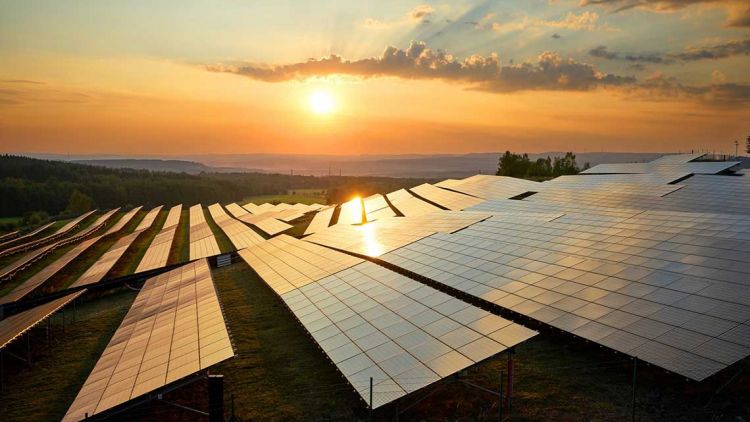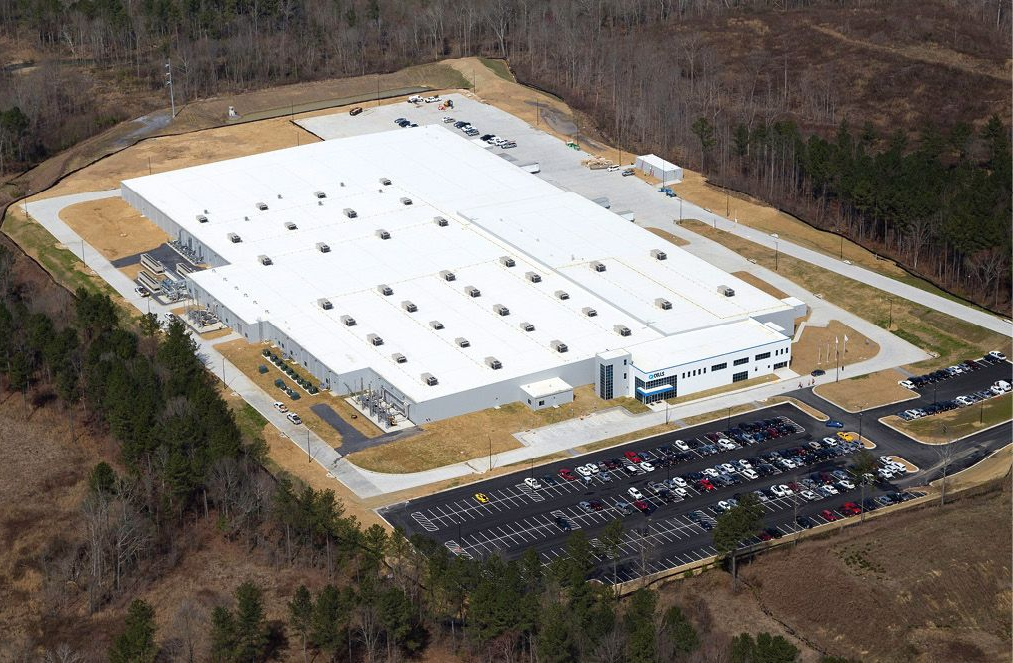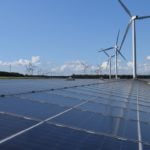Both projects are aiming to come online in Q3 2027 and will deliver power to the Louisiana grid, which is split between the Midcontinent Independent System Operator (MISO) and Southwest Power Pool (SPP) Independent System Operators. Through funding the sites, Meta will put the environmental attributes, like renewable energy credits, towards its decarbonisation statistics.
“When we announced our AI data centre in Richland Parish, Louisiana, last year, we committed to working with our partners to bring new energy to the grid—and this agreement with Treaty Oak does just that, while also helping match our operations with clean energy,” said Urvi Parekh, head of global energy at Meta.
Data centre power demand has grown significantly in the US in recent months, and many large players like Meta have signed gigawatts worth of offtake agreements for solar capacity, either to directly supply their projects or as offsetting for other energy sources. The US and China are forecast to both see massive increase in power demand from AI data centres, in particular, as the two countries compete to dominate in the technology.
A report yesterday from Wood Mackenzie said that the growth of AI data centre demand is a barrier to reaching global net zero and meeting the Paris Climate Agreement global warming commitments.
Analysis from the firm said the surge in AI data centre demand “threatens electricity crises and higher tariffs while derailing 2030 clean power commitments”. Data centre demand may more than double between now and 2030, potentially reaching up to 1,000TWh annually.
So-called “hyperscalers”—tech firms like Meta, which operate global data centre networks—could theoretically meet their growing US demand by financing residential rooftop solar and energy storage installations, according to research by the US electrification non-profit, Rewiring America.
These firms could “more than meet” their electricity needs by paying for residential solar and energy storage systems across the US, the report said, by reducing demand and load on the grid, particularly at peak times, and simultaneously reducing energy bills for consumers. So far, such a scheme does not seem forthcoming.
https://www.pv-tech.org/meta-signs-385mw-solar-offtake-agreements-for-data-centre/





